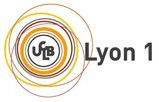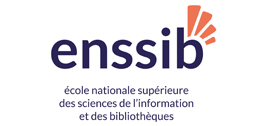CosmoTech: from complexity research to business / Complex thinking in organization studies: from theory to practice
25 January - from 11 am to 12.30 pm
- "CosmoTech: from complexity research to business", Michel Morvan
- "Complex thinking in organization studies: from theory to practice", David Vallat (Article David Vallat : here)
------> video available : HERE
"CosmoTech: from complexity research to business", Michel Morvan
In this presentation, we are going to present the way the fruit of our scientific academic work on complex systems modeling and simulation has been transferred into a startup company in order to make it possible for the industrial sector to use it. We will share both how some industrial actors have been receptive to the ideas and concept we proposed and their implementation in software solutions, but also how hard it can be sometimes to go upsrteam to promote very innovative approaches. We will also share our experience of the specific constraints of the business world and how they are compatible with research and innovation
Complex thinking in organization studies: from theory to practice - David VALLAT
The Covid-19 pandemic has placed uncertainty at the heart of how organizations operate: Should we consider the third wave of the epidemic? Will we have to consider downsizing or reorganizing businesses again? When will we all be truly immune? Uncertainty manifests itself in an environment that appears to be out of control, "complex" to use the concept explored by Edgar Morin (2005), that is to say made up of inconspicuous chains of causalities and feedback loops that blur the reading of events. The pandemic is, however, just one uncertainty among many: climate crisis, political instabilities, energy crisis, volatility in the price of raw materials, technological breakthroughs, etc. To better understand these multiple uncertainties, Edgar Morin suggests adopting a complex thinking: "It is the journey in search of a way of thinking which would respect the multidimensionality, the richness, the mystery of reality, and would know that the cerebral, cultural, social, historical determinations which all thought suffers always co-determine the object of knowledge. This is what I call complex thinking" (Morin, 1980, p. 10). In line with the work aimed at operationalizing the complex thinking of Edgar Morin (Martinet, 2006; Morin and Le Moigne, 1999; Le Moigne, 1999; Avenier 1999), the objective of this presentation is to show how an organization can embrace and practice complex thinking.
Article David Vallat : here









